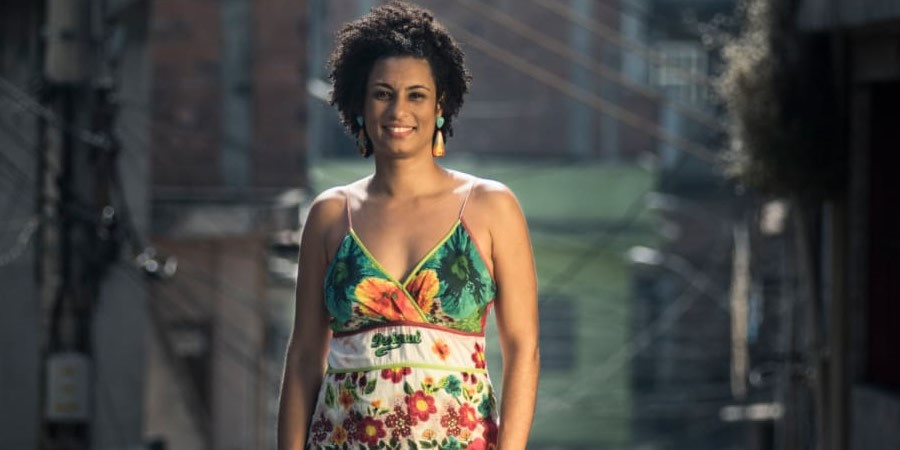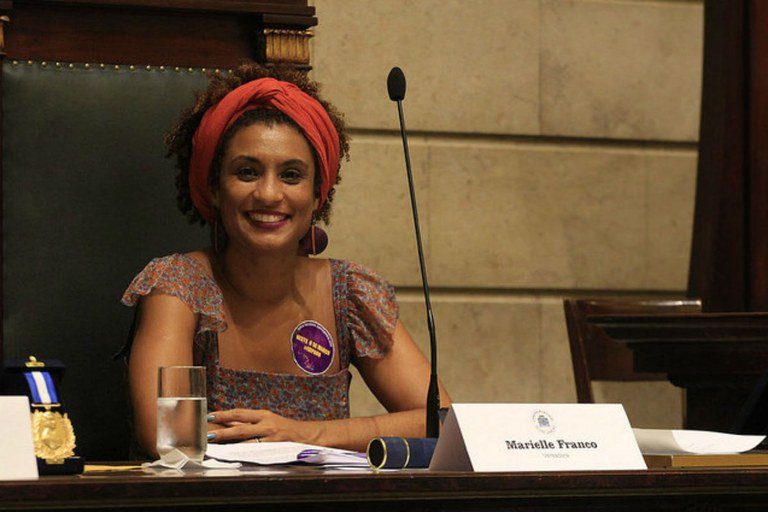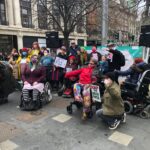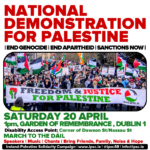On March 14th in the Estácio area of Rio de Janeiro in Brazil, Councilwoman Marielle Franco of the Socialism & Liberty Party (PSOL) was executed with 5 shots to the head.
Her driver, Anderson Pedro Gomes, also died in the attack. Witnesses say that they could not hear the shots, indicating that the execution was committed with a silencer.
Franco, 38, was one of the city’s most outspoken critics of the military occupation and police violence in poorer districts, known as favelas.
When General Braga Neto announced that he didn’t want another Truth Commission set up to investigate military human rights abuses, the city favela residents association federation set up a people’s committee to monitor the action, and nominated Franco as its reporter.
On March 10th she publicly criticized the Rio Military Police’s 41st Battalion for a series of police executions of teenagers in Acari favela that had taken place the previous week.
Born and raised in Rio’s Maré neighborhood, Franco was a long time activist and the first black female Councilwoman from a favela. On the night of her execution she was returning from an event on how young black women can change power structures.
This event, coupled with the rise in murders of leftist activists, the military takeover of Rio de Janeiro’s security apparatus, the violent crackdown on striking public sector workers in São Paulo and former President Lula’s impending imprisonment are raising worries that Brazil is moving into a second, more repressive stage of the Coup, mirroring the clampdown of 1968.
History teaches us that acts of governmental violence against the left are rarely revenge, they are tactical.
Whoever ordered the killing of Marielle Franco clearly thought they could do it with impunity.
Franco will no doubt become an emblem of the wider struggle against the ongoing massacre of young black Brazilians.
As Brazil wakes up in horror, sadness and dismay at Franco’s killing, a wave of protests has been organised around the country.
The day before her death Marielle took to social media, about a boy killed as he was leaving church, asking “How many more need to die before this War will end?”.
She leaves behind a 17 year old son.












